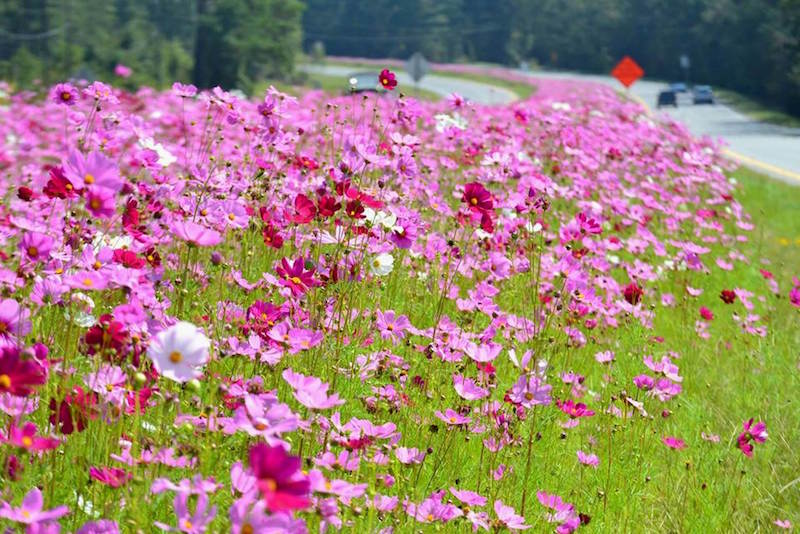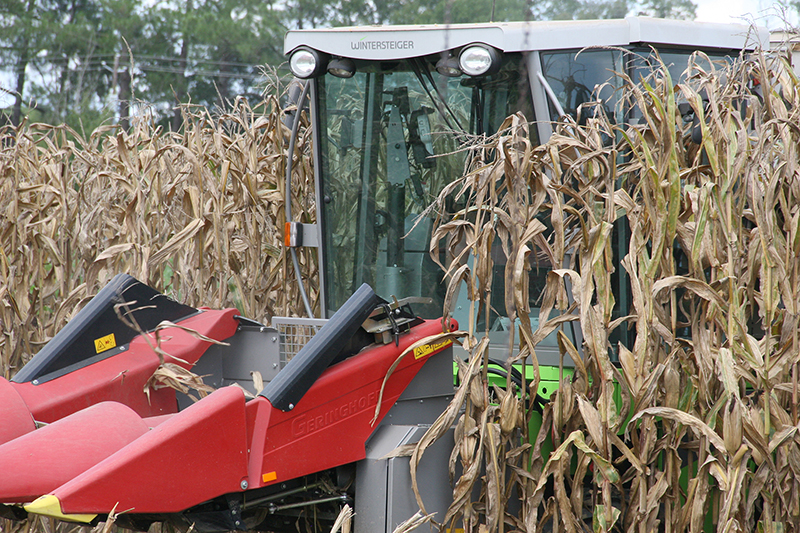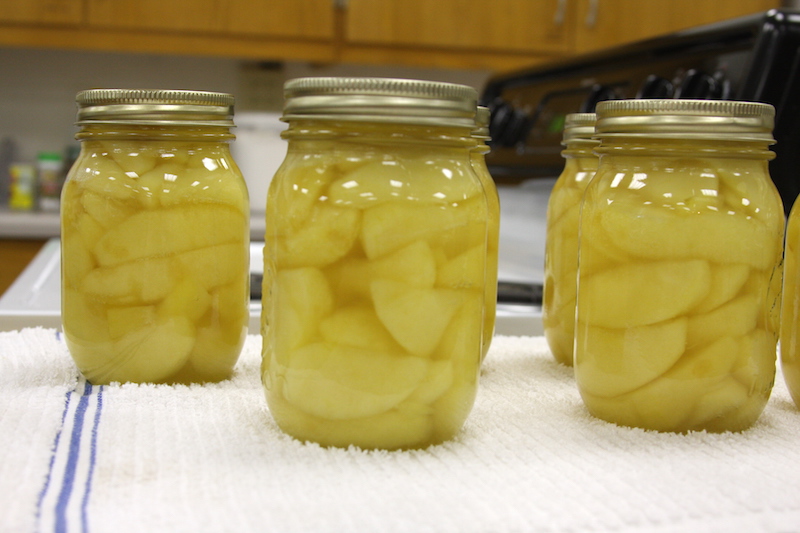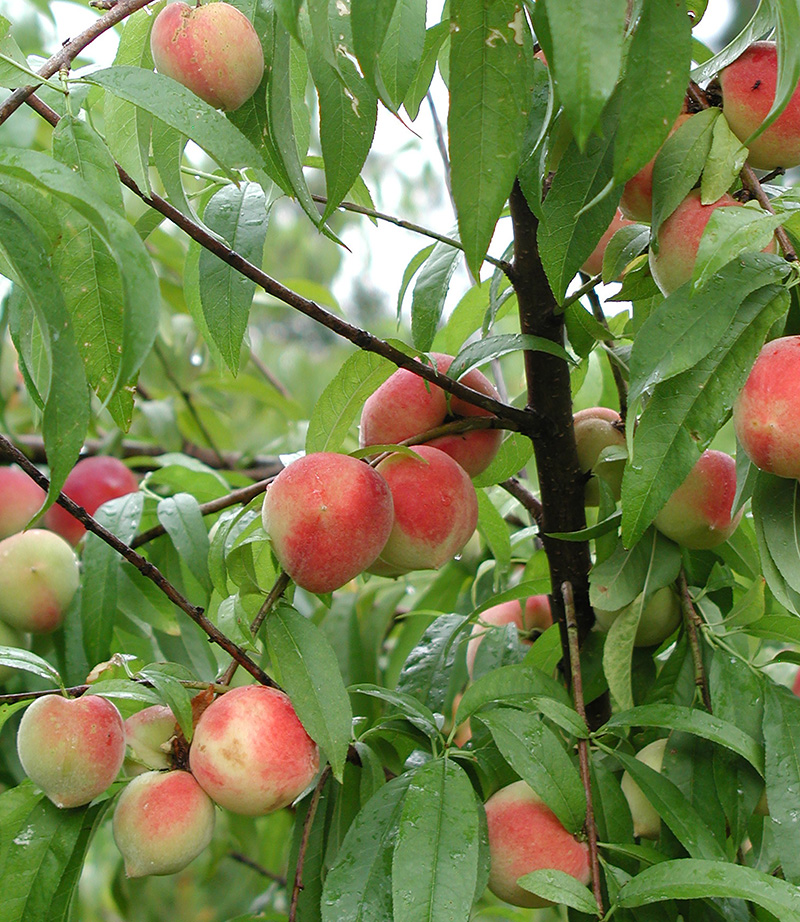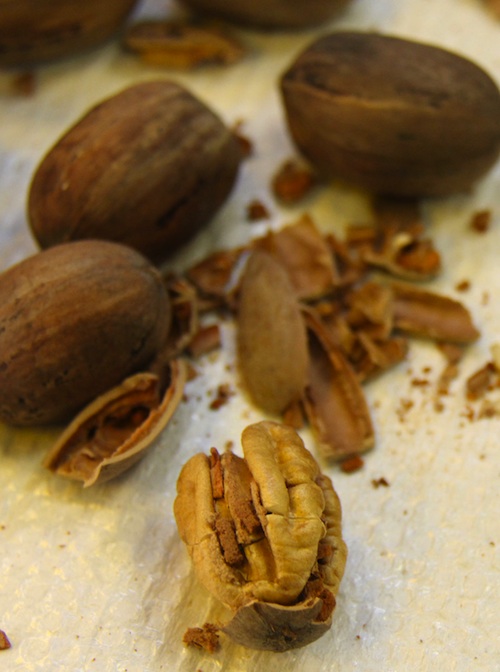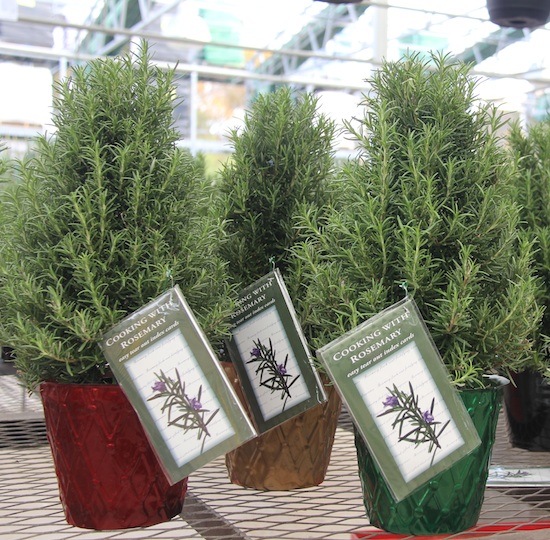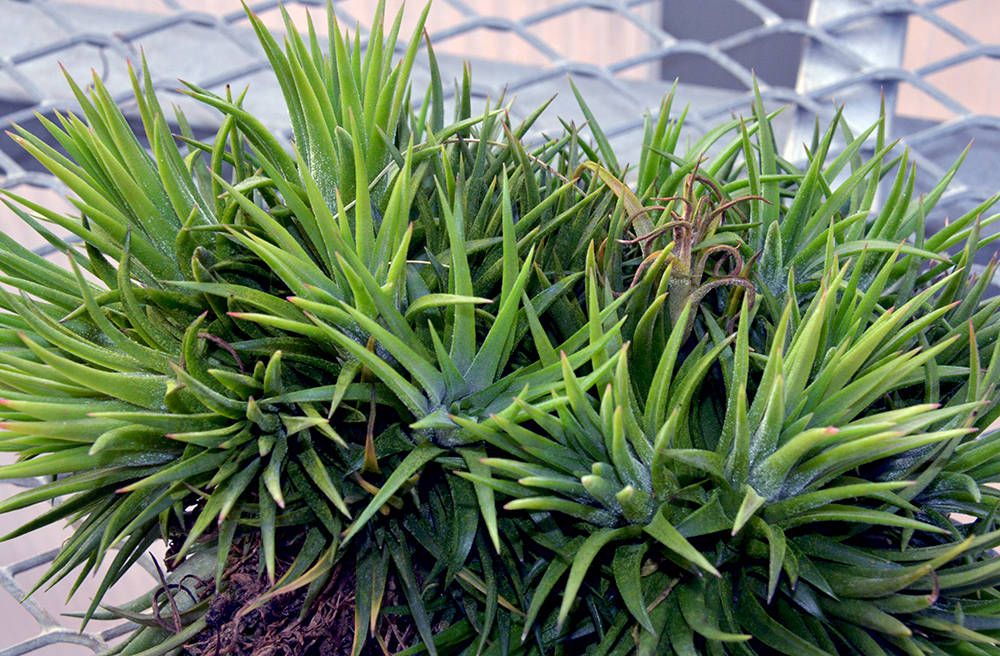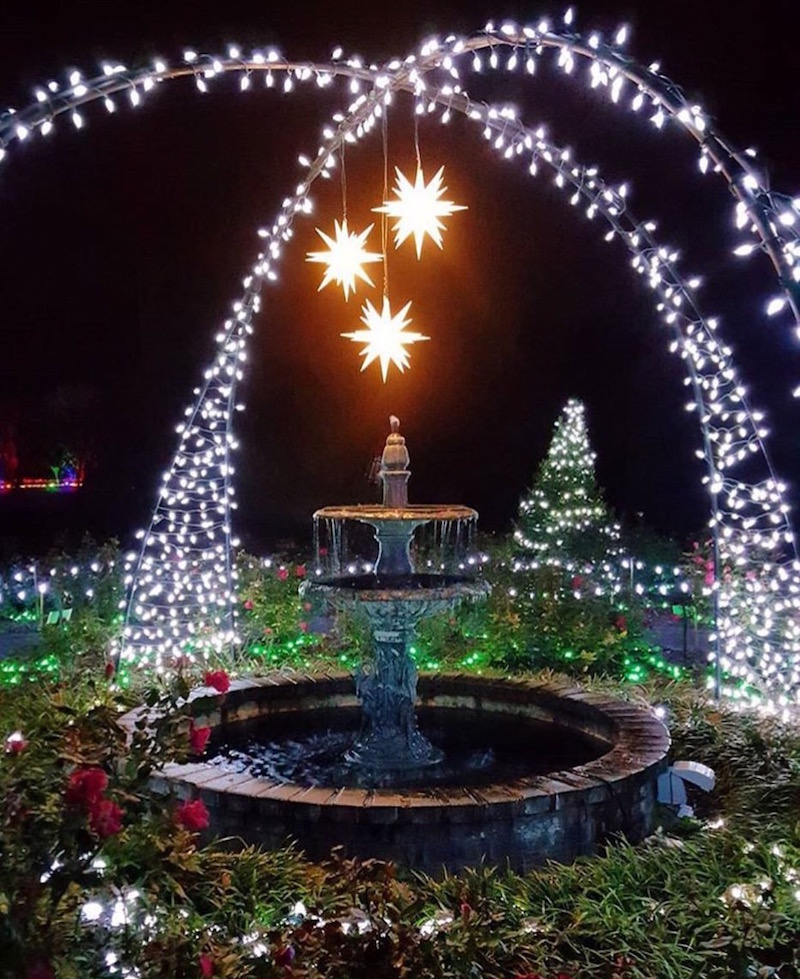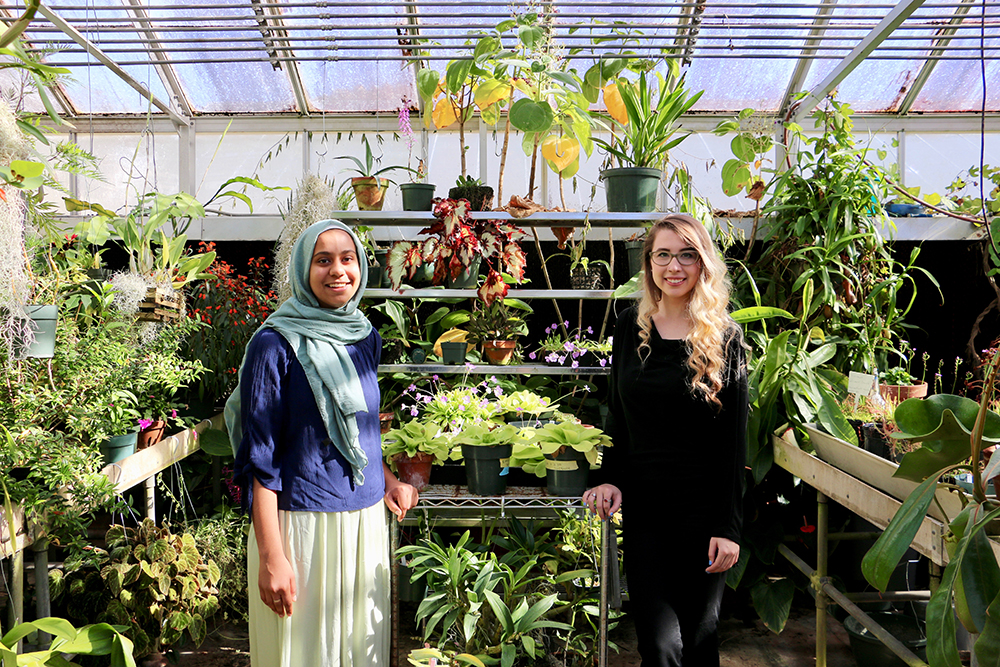 CAES News
CAES News
From the greenhouse to space: Two UGA students head to NASA for high-tech agriculture internships
When the public thinks of NASA, the first images that come to mind are often rockets or satellites. In the future, images of greenhouses might also make the list.

